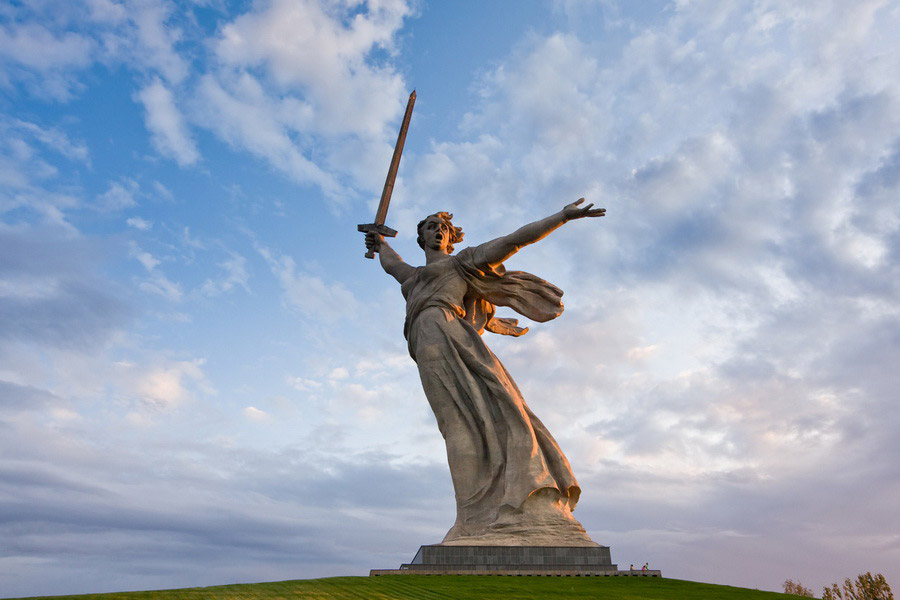
MISS-UNDERSTAND RUSSIA
When I say « miss-understand Russia », I am not referring to a problem of communication with Russia, I mean that world decision makers do not understand what Russia is at all, they miss it.
This body of work is not intended to support or help defeat anyone or anything, but a simple clarification of what Russia really is.
If this leads to the raw appearance of global misunderstanding about Russia, it would be nothing but intentional.
Misunderstood Russian demography:
Russia today is a heterogeneous collection of people, while forming a united people. The question is: what is Russia? What is a Russian?
For those who know something about the demography of Russia, we can say that this nation is ethnically very diverse. The Russian people have their origins in many worlds and places, but they remain Russian and are not an anonymous melting pot, because all the diversity of Russia is Russian or related to Russia.
A Chechen, an Oirat, a Tatar, a Karelian, a Cossack or a Circassian all belong to the common history and space of what is today Russia.
So we must look at the history and space of Russia to determine what it is.
All Russians originate from the land of Russia, almost always for centuries or even millennia; but at the same time, there is no place in the world where peoples and kingdoms have been born, moved or displaced, fought, disappeared, been conquered or felt and subjugated more than those who have paid and still pay tribute to the land of Russia.
Russia has been a great game or an eternal tragedy, but also the place of the free will of men in front of the external Russian forces.
Russia is a specific land where all possible intruders have become part of the Russian world, as we have said, or have entered it never to leave it except by the will of the peoples of the Russian continent themselves.
Border of the world, Russia is so large and isolated that it seems illogical, but in fact the delineation of the present Russia and its larger extent, in the form of Kiev Rus’ or Moscow Principality, Mongol Empire, Russian Empire and Soviet Union has always been determined by geography.
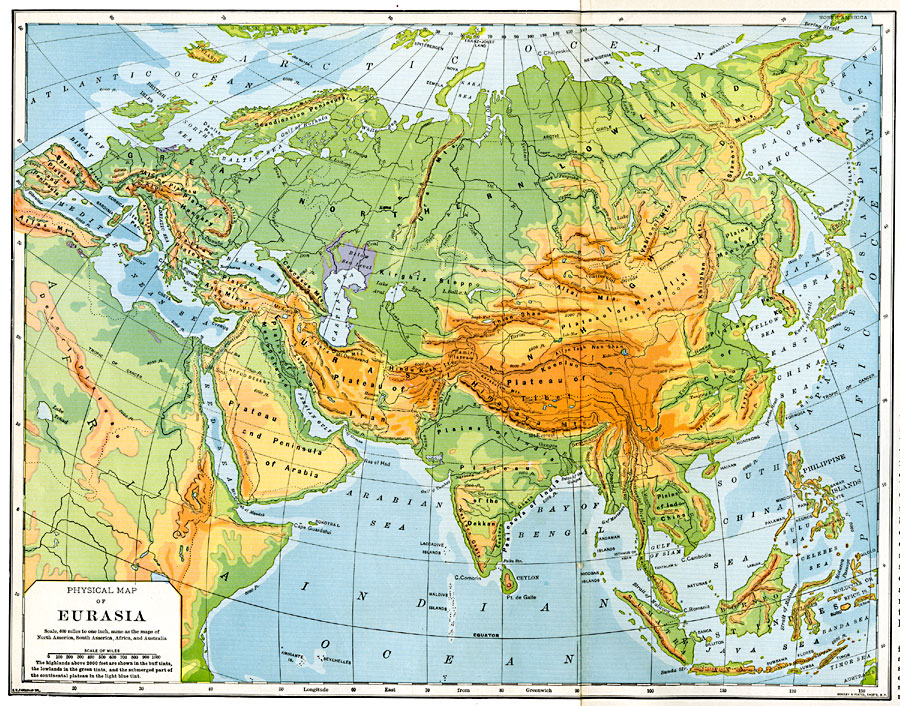
Look, Russia is essentially the Siberian part of Eurasia, while Turkestan-Mongolia is the southern counterpart of Siberia.
We could almost say that the Russian Empires were geographically limited to the boundaries of the Eurasian steppe; geography could then explain why it was difficult for Anatolia, Persia and Afghanistan, but also Mongolia (Outer Mongolia) and China (even Inner Mongolia) to be formally included in the Moscow-led Empires (Russian Empire and Soviet Union).
Geography could also explain why it was so vital and understandable for the Soviet power to intensify its domination in Eastern Europe with the Warsaw Pact, or why the Grand Duchy of Finland has been a semi-autonomous controlled neighbour during the late Russian empire era (1809-1917). It could also explain the Norse influences on Russia history, and vice-versa, and why it was so crucial for the Western world to set up NATO and to accept, like the Soviets, the Iron Curtain, or the Berlin Wall, and unilaterally the Marshall Plan and the European Union.
Historically and geographically, Siberia and Turkestan-Mongolia (comprising East and West Turkestan, as Mongolia-s) have been linked and are part of the same Russo-Eurasian world. We should not ignore the influence of the eastern end of Asia on Eurasia, and the influence of Eurasia on Far East Asia.
While this Russian-Eurasian common world lived in the imperial and Soviet era, was there a specificity of Russians and Russia towards the remaining Turkic-Mongolian Eurasia?
As it has always been a place of fusion, or meeting, Eurasia has fused peoples while preserving the specific ethnic customs of each of its peoples.
Imposed or desired, the implantation of the Russian people in all the regions of Eurasia is the sign of a certain prevalence of the Russian language in the Eurasian world, which at the time of the tsars and the imperialists, as well as at the time of the USSR, accepted a diversity that could only be carried by a Russian continental spirit.
By Russian continental spirit I mean the creation of Eurasia as a continent in its own right, united by history, geography and a common spirit, incorporating Slavic-Persian-Caucasian-Turkish-Mongolian elements. This is Russia. It is a world that we could call « Caucasus » (not Caucasus), or Northern Mongolia as well, not to say that it is the northern part of Mongolia, but it is all that is north of the Mongolian ancestral lands.
In fact, in the time of the USSR, everything north of these Mongolian lands (Siberia) and west (Kazakhstan and Turkestan) belonged to Russia or to a Russian-led political entity.
That is why, without being a Russian supremacist land in substance, on the contrary, Russia and the Eurasian (Russian) whole have been able to be so in form, since Ivan III (when he refused to pay tribute to the Golden Horde) and even more so Ivan IV (who started the Russian conquests of Siberia), since the two mentioned tsars turned to Moscow for the supreme land decisions in the Eurasian world.
Does this mean that Russia owns Eurasia? If so, it should not be said that the landowner is also possessed by his subjects, but that the man in a house is physically possessed by the house because the house belongs to him.
So if Russia owns Eurasia, can we say that Eurasia also owns Russia?
What do we mean by Russia and Eurasia, is there a real difference between Russia and Eurasia?
Can we not say that Russia is part of Eurasia?
Can we think that Eurasia is a part of Russia, or an extension of it?
As we have said, the whole Eurasian world, not only Russia, has been a crossroads (gathering place) where peoples have met, shared and clashed. But we must recognize that the southern part of Eurasia, perhaps by nature, history and geography, is more based on a specific ethnicity that owns mostly and sometimes exclusively its places, while Russia is more politically-ethnically vague.
When we say that Russia is more politically and ethnically vague than the surrounding Eurasian countries, it is not necessarily because Russia is a more ethnically diverse nation in terms of ethnicity or ethnic balance of power, but because the power and ownership of the nation is not de facto and de jure exclusive to any specific ethnicity. In other words, Russia, a sovereign unitary state, is a country that recognizes its multi-ethnic composition, as well as its multi-faith organization, in the primary interest of its people and the survival of Russia, without denying a specific Russian destiny and identity.
To explain, Kazakhstan belongs to the Kazakhs, Mongolia to the Mongols (precisely to the Khalka Mongols), Uzbekistan to the Uzbeks, Turkmenistan to the Turkmen etc., while Russia belongs to the Russians, but rather than to the Russian ethnicity to the Russian citizens.
The state of Russia has prevailed over Russian ethnicity and over any ethnicity or ethnic consideration, while it is ethnicity that has prevailed in the southern part of Eurasia, Tukestan-Mongolia (which in our opinion includes Tajikistan even though Tajiks are not specifically or only Turco-Mongolian, but their country is part of West Turkestan, ; which, in our opinion, includes Kazakhstan, simply because the name of the region comes from the city of Turkistan, in the south of Kazakhstan, which, in a synecdoche, was taken over by the Russian Empire for the whole region).
Today Russia is a state of citizenship, and we can give the reason because Russia has a long history of organized state government, including or dealing with many peoples.
Kazakhstan, Mongolia, Uzbekistan and Turkmenistan are ethnic states, and this can be explained by the long history of tribes and clans that ruled southern Siberia-Russia.

In fact, it was the same in Siberia, and even in the non-Siberian part of northern Eurasia (for example, in the Caucasus), but the growing importance of Russia in this region in the course of history and the late Russian domination of these lands sedentarized and organized the way of life of the Siberian peoples, whose customs were to some extent comparable to those of their southern counterparts, perhaps because of the common origin of their peoples.
Are we saying that Russia does not belong to ethnic Russians? What is an ethnic Russian? What is the difference between an ethnic Russian and a non-ethnic Russian? What is the core or pure form of Russian ethnicity, does it exist, and if so, is it single or multiple? Is it the addition of disparate elements of the great Russian world that makes the Russian?
If so, then Russian ethnicity, like its own land, is not formed by points but by a wave of undulations that originate from different parts of Eurasia and have formed the geometry of the Russian continent.
If we ask between Russia and Eurasia, which of the two belongs to the others, we can say that if there is a real difference between them, it was really marked by the dissolution of the USSR.
The USSR was the last form of the dream and reality of a great Eurasian continent.
But for some dysfunction and disillusionment, the Union dissolved.
Did the southern Soviet republics then become independent from Russia, or did Russia, for the first time since the Tsars Ivan III and IV, become independent from southern Eurasia, and even from Eurasia as a whole?
The end of the USSR is the resurrection of the Holy Lone Russia. For the first time, Russia has freed itself from an empire (after being in the nomadic empires, the Russian Empire and the Soviet Empire).
Thus, as a new island in the north of Asia, as a gateway to the world of endless ice, post-Soviet Russia had a crucial mission: to prevent itself from falling under another empire from within or without, in order to guarantee the security of its territory.
Knowing this, current, past and future policies towards Russia are sometimes irrelevant, especially when some world powers think that an economic or political crisis, a dysfunction or a disappointment of the Russian people towards its leaders could lead to the destabilization or collapse of Russia.
With a history of at least ten centuries, Russia is not easily comparable to the United States in terms of governance, knowing that if there is a Russian state, its governance is based not only on the people, but also on Russian meaning, or self-respect, rather than on the government itself. In a way, we can say that Russian democracy lies more in daily life than in extraordinary elections.
Russia, indeed, is a state whose, or rather, whose paths in history are at the same time so sad, grandiose, humble and precious that it can only be a state, and a strong Russian state to allow Russians, unified in their numbers, to be. But also, even if there is a Russian state that does not promote internal discrimination or inequality before the law and respect, it is only the strong consciousness of the Russian people that they are more than citizens, but the transmitters of a unique destiny and identity, that can make them fight for a Russian power, or at least, against its absence and the predominance of a foreign power over them.
So if we say that Russia is miss-understood, it is because some people listen to Russia only through their own language, the language of standardization and the death of history, but fortunately or unfortunately, history continues, in Russia and elsewhere. And it will not be muted, in times of peace or… when we are at war.
GNADOU ATHYTHEAUD
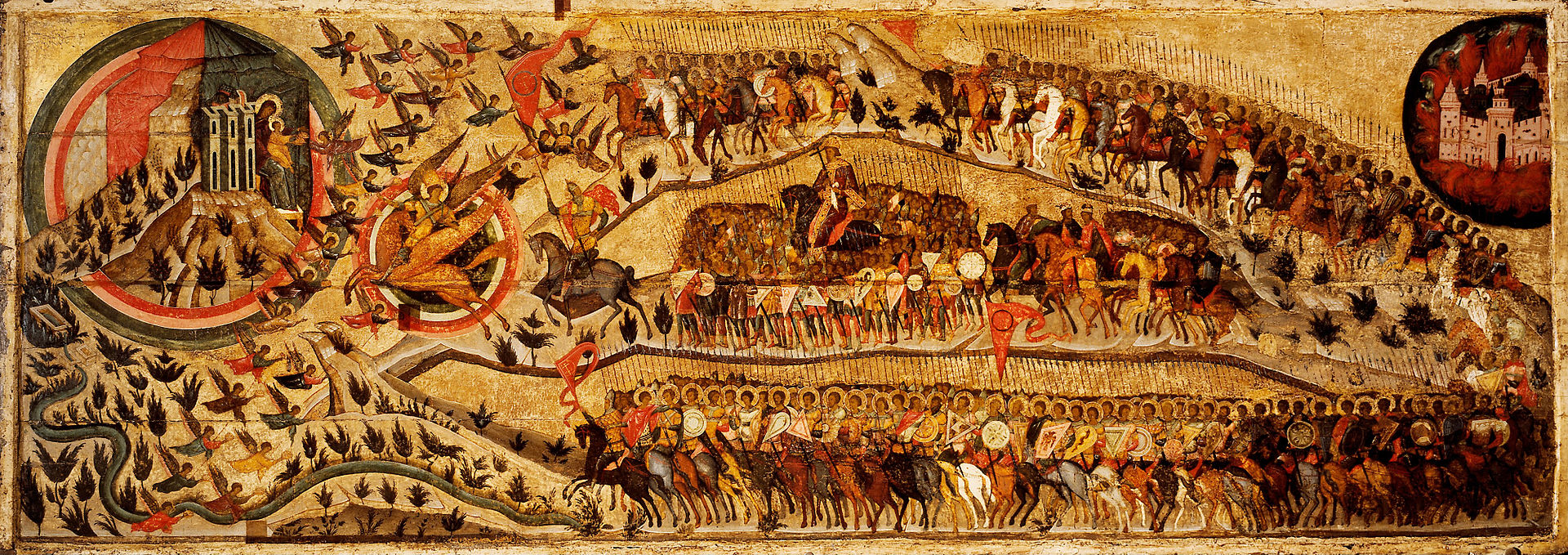

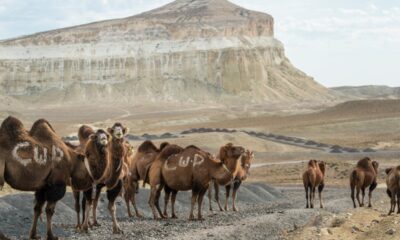
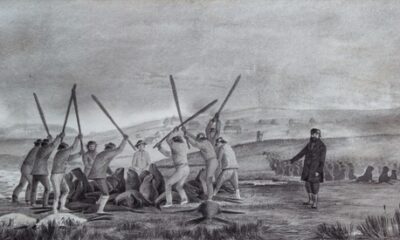
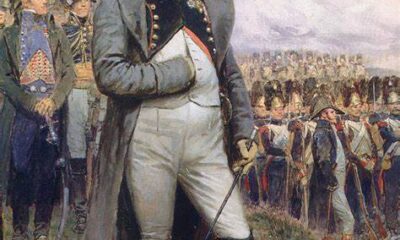
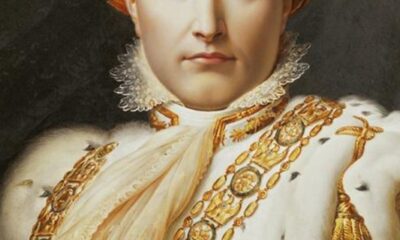
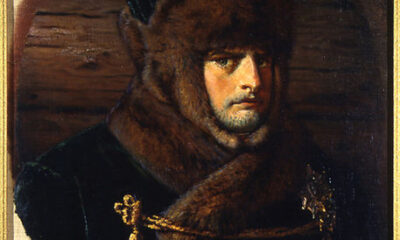
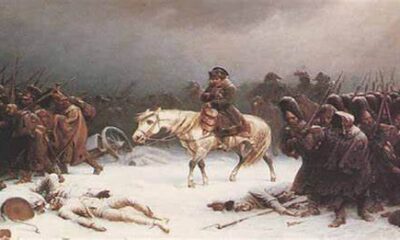
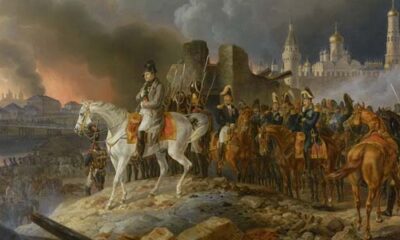

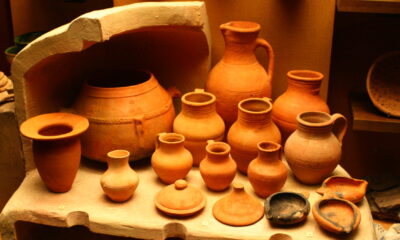


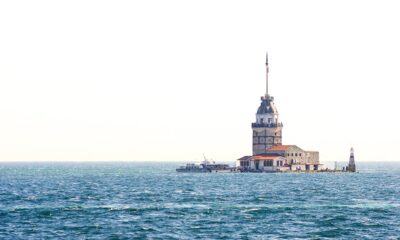

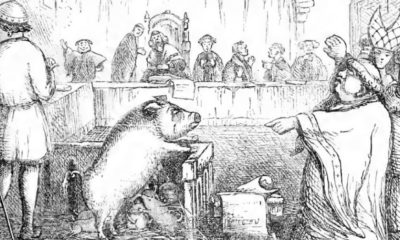


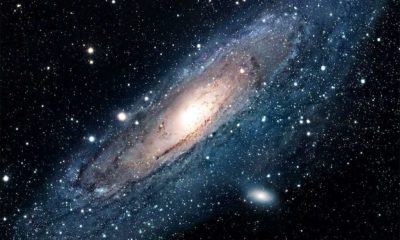

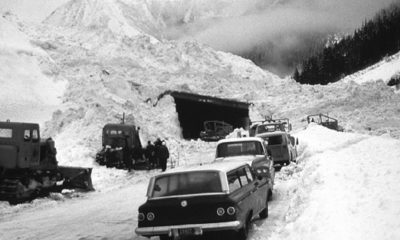
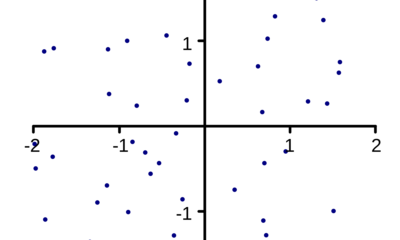

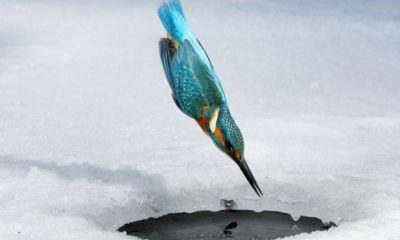

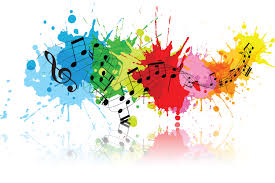
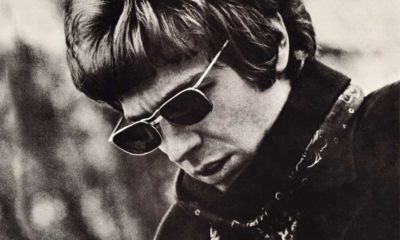
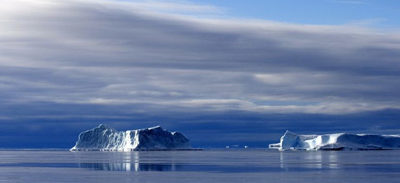

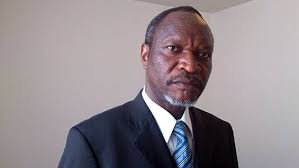
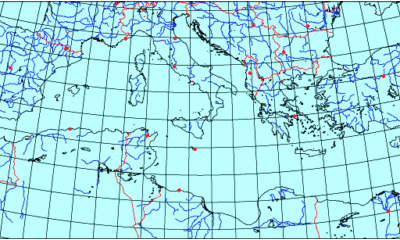

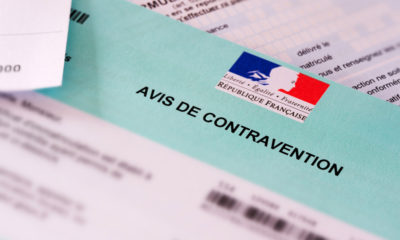
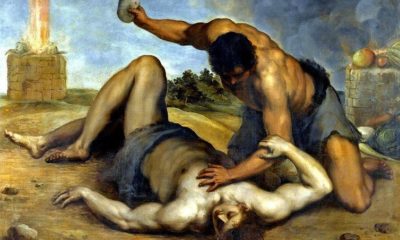



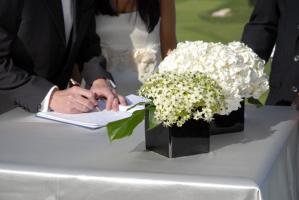



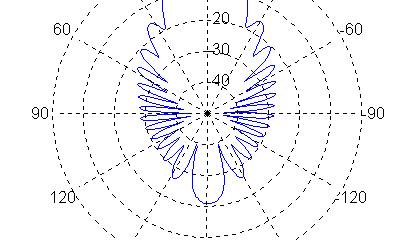
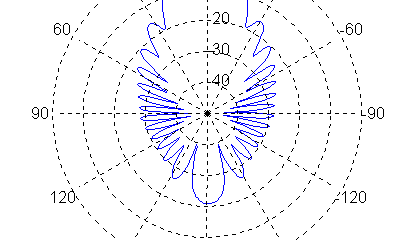
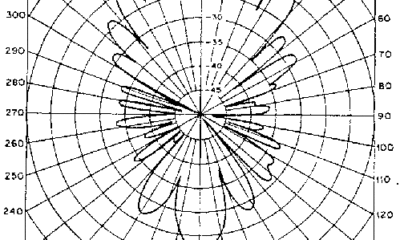


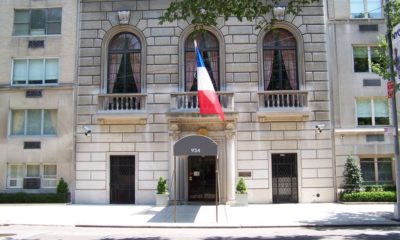
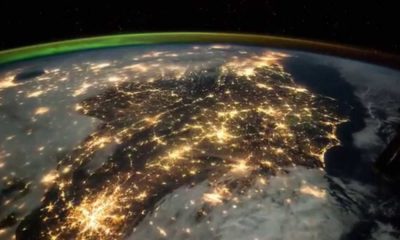
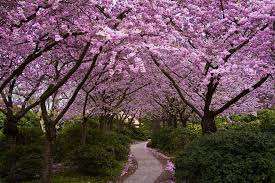
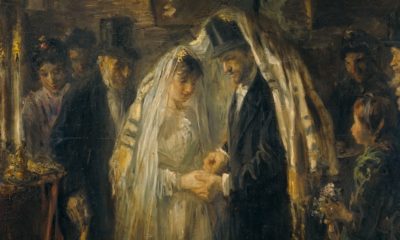
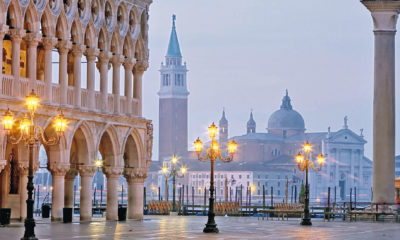




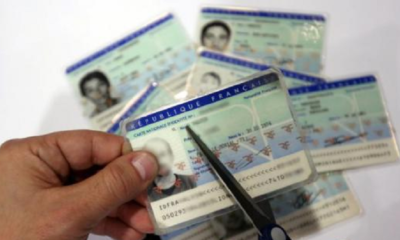
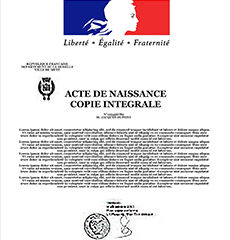

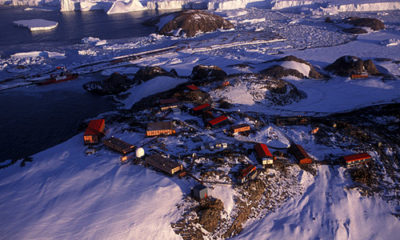
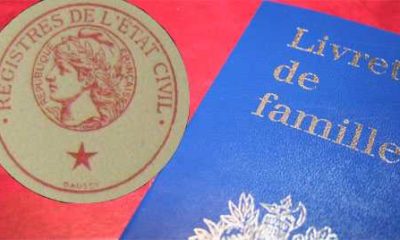
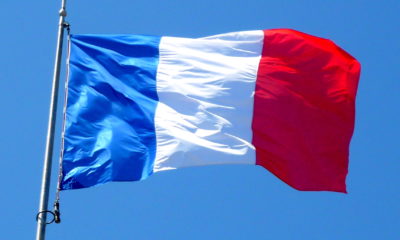
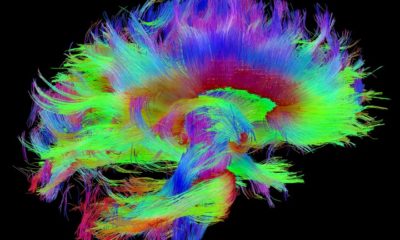

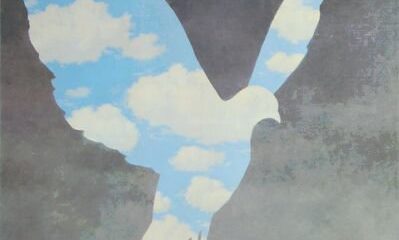

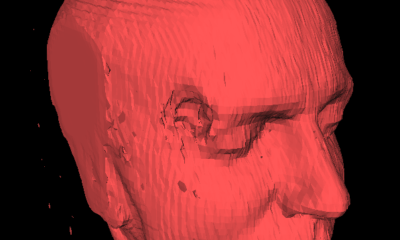
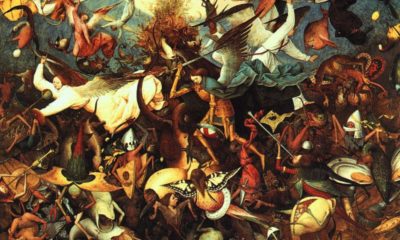



Facebook
Twitter
Pinterest
Google+
RSS